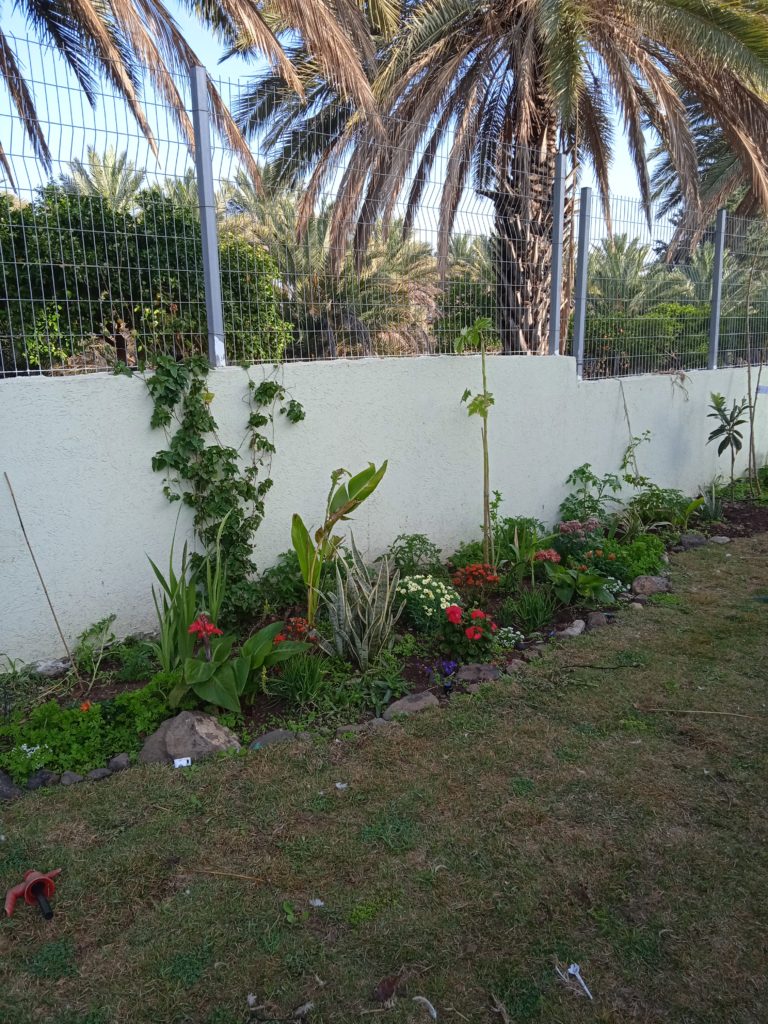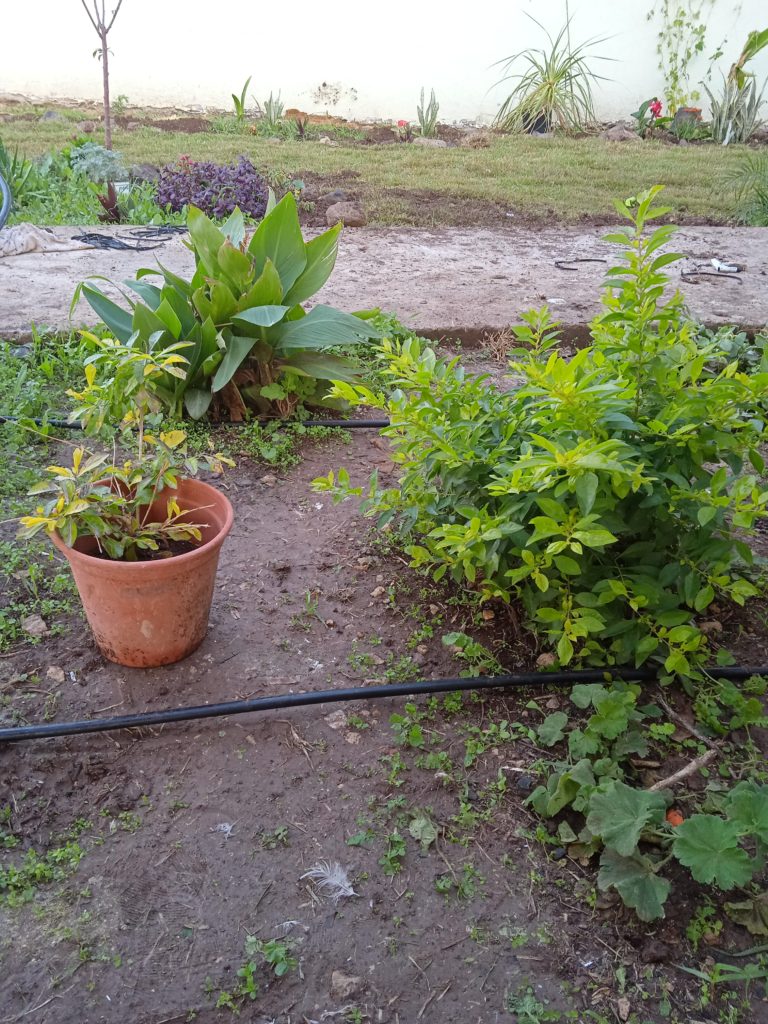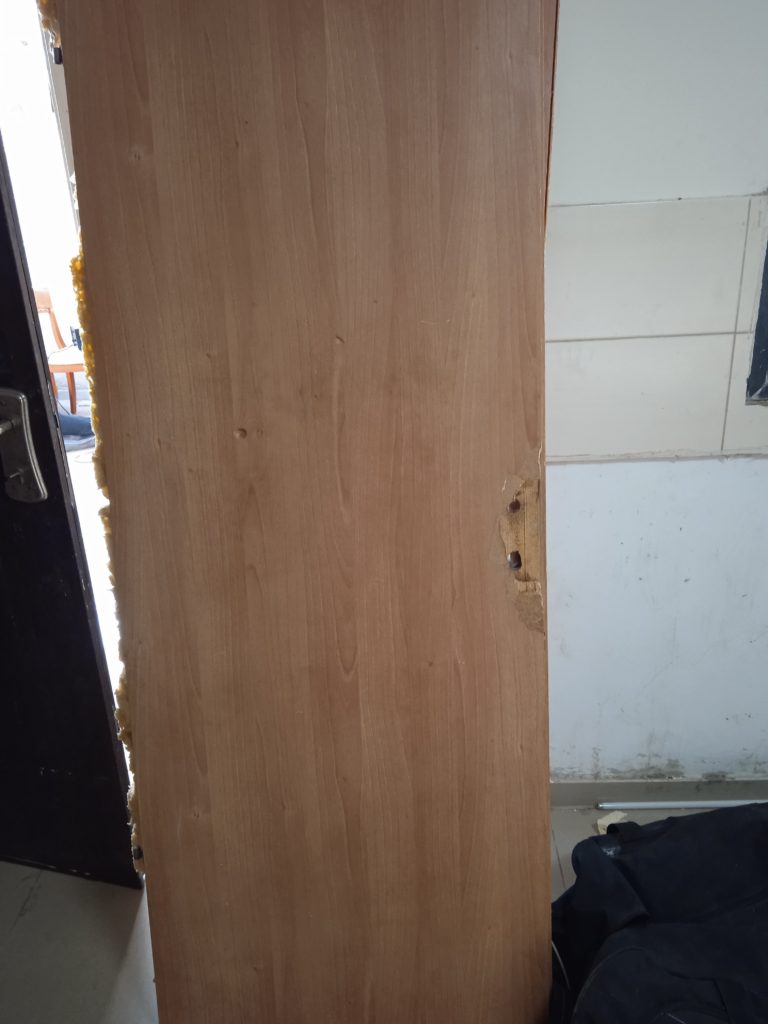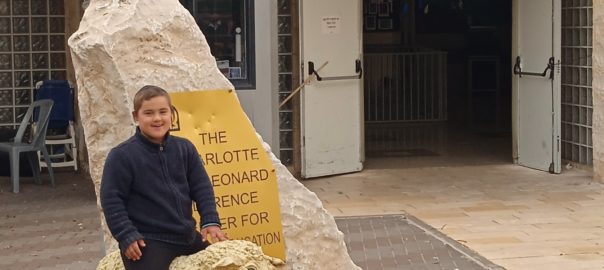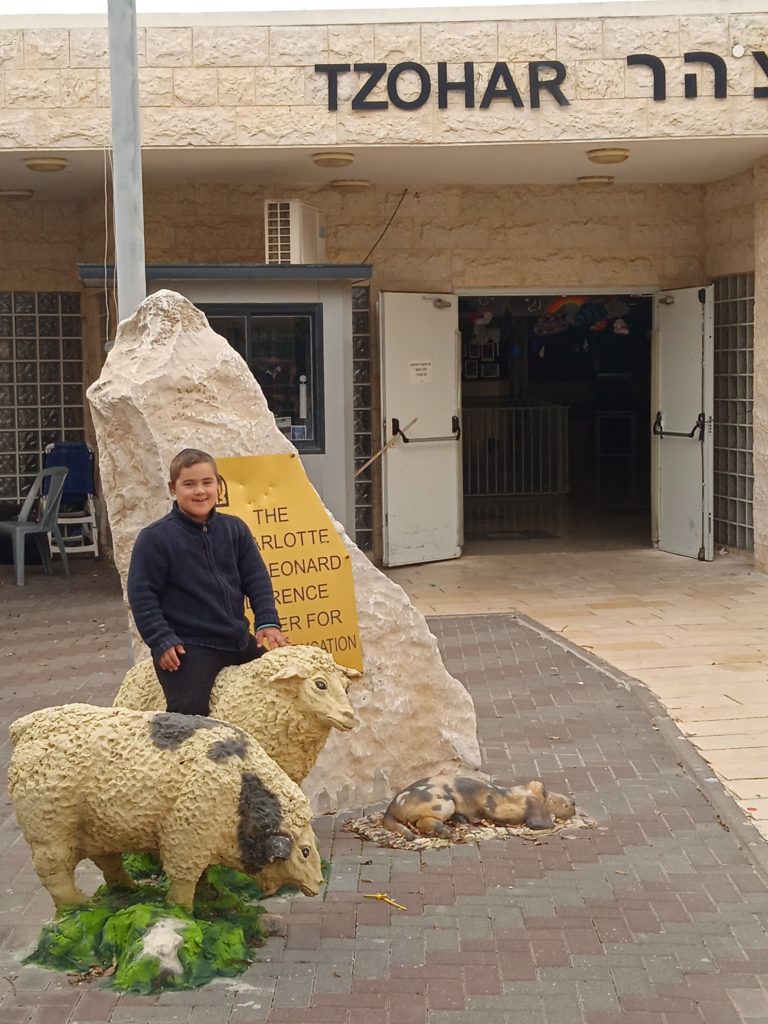It was a blog reader from South America who first contacted me to let me know my site had become inaccessible last week. From there, it quickly became apparent that my site was being blocked worldwide due to the content of my previous post.
The thought of losing thousands of posts written over the last fifteen years was very painful. And yet when my husband commented, “You’re taking this very well,” he was right. For many months I have repeatedly asked myself if I was demonstrating a lack of integrity by keeping silent on an issue that was so opposed to my value system (widespread media censorship and government coercion). There was a relief in finally saying my truth, and when I paid the price by having my site shut down – and it looked as if I might not be able to get it back – having acted in integrity with my values was a real comfort. Having said that, I’m so relieved to have been able to retrieve it.
Last night I left my computer open and while I was sleeping my 22 year old son read my blog for the first time (with the exception of my oldest daughter, my kids don’t read my blog). He spent hours reading through through years of posts, and first thing this morning told me how deeply touching it was to read about so many of our family experiences. This blog is a part of our family history and it would have been a huge loss to have not been able to retrieve it. (We intend to hire someone to back it up so even if I’m blocked again, I’ll still have my content.)
To the person who reported my post (and it seems clear to everyone I spoke to about this that my post wouldn’t have triggered censorship if it hadn’t been tagged specifically), while I’m saddened at what happened, I understand that what I wrote felt threatening to you, and I send you much compassion along with my blessing for you to feel safe in the world. It’s unfortunate when people think that by turning in others for ‘violations’ or simply differences of opinion that they are making the world a better place.
Additionally, I’m grateful to you. You gave me the opportunity to face something that I was afraid of and to see that I don’t have to be afraid and stay in the shadows, and as a result I feel calmer and more secure. I believe that everything that happens is for our best and in this case, you’ve helped me in a way that active supporters couldn’t.
I’m glad to be back and now on to other things.
**********************
A week ago the spring break for yeshivos began and my home suddenly filled with lots of male energy! It’s just me, my hubs and my seven boys. I love it!
It’s been a year since moving to Yavneel, and it’s been so great living in a place with a strong outdoor culture.
We had so many hesitations about making this move, particularly regarding our children. When we bought our home in September 2019, we had no idea that covid would happen or that we would move here on the first day of the most intense lockdown that Israel has experienced. Now hardly two days go by without my husband or me saying aloud how amazing it is that we moved when we did, and our children often tell me how happy they are here.
It’s not that we moved to a perfect place where everything is just as we want it, but we are living in a way that feels more aligned with the life we want. More quiet, more space, more outdoor time. Much more outdoor time. When the weather is pleasant, we spend most of the day outside!
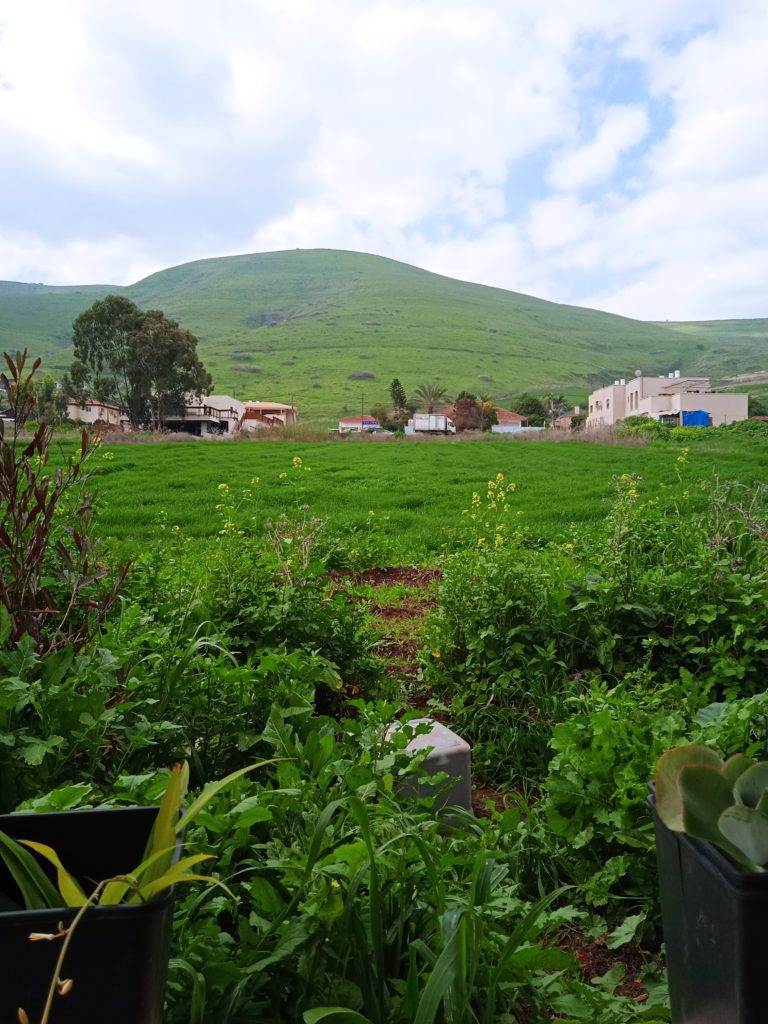
I really appreciate the quieter, slower pace of life, and the increased access to nature. To have experienced such a huge quality of life upgrade at a time of so much worldwide external stress was an incredible gift. Being here has been incredibly beneficial for us maintaining a positive and centered core at a time of challenge. We recently had some young men for a Shabbos meal, and one said he’s been hosted by many families over recent months and we’re the only ones who aren’t stressed about all that is going on.
There’s something centering and calming about being surrounded by the sights of nature. A friend who moved here a little after we did commented that she thinks everyone would benefit from the healing that happens when living in a place like this.
I also deeply appreciate the opportunities living here has created for our boys. Friends of my fifteen year old wanted to plan a group trip last week and he told them he’s not interested in joining: “I live in a vacation spot and I do hikes and trips whenever I want.” This, from a boy who prior to moving here always wanted to get out and be with friends.
There’s the daily outdoor time, lots of biking and hiking and just being. As I’m sitting here writing this on Thursday night, my 11, 13 and 15 year olds just asked me if they could take a nighttime hike to a local spring. I agreed, after cautioning them to wear their headlamps since one Friday night ds15 went with a friend – they obviously had no lights since it was Shabbos – and were chased by a pack of hyenas. So I’d like to avoid that kind of adrenaline rush this time. 🙂
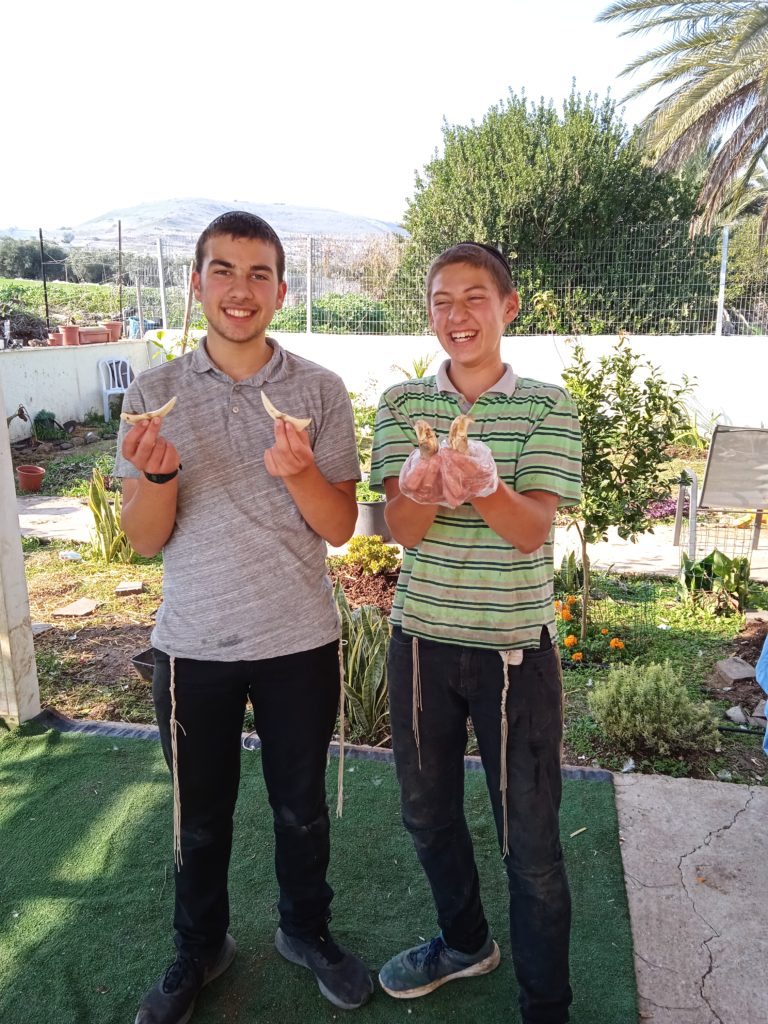
The older boys (13, 15, 18, 22) did a long bike trip to the Jordan River during the last vacation, and this week ds13 and ds15 went with friends on a strenuous hike around the Sea of Galilee. They hiked 40 kilometers the first day, carrying all their water for the day with them. Later that evening my husband drove 45 minutes to meet them with a water refill and more food – they got really hungry with all that exercise! – and camped out with them for the night. They cut the trip from the intended three days to two since the fatigue was pretty intense, but it was still a good trip.
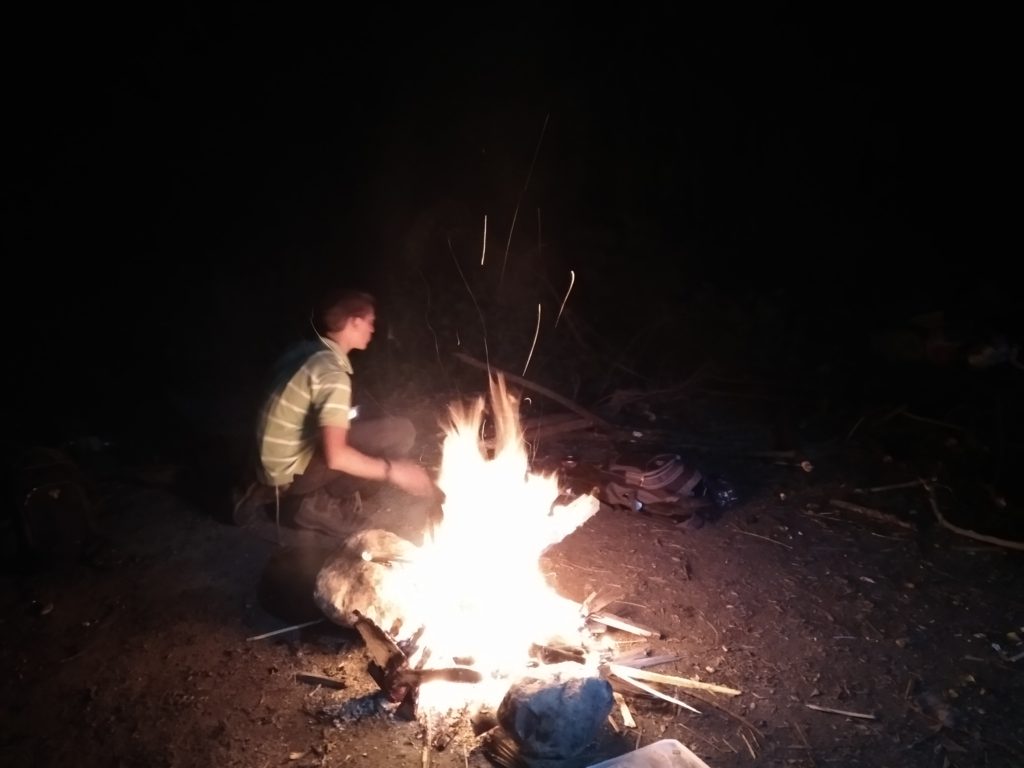
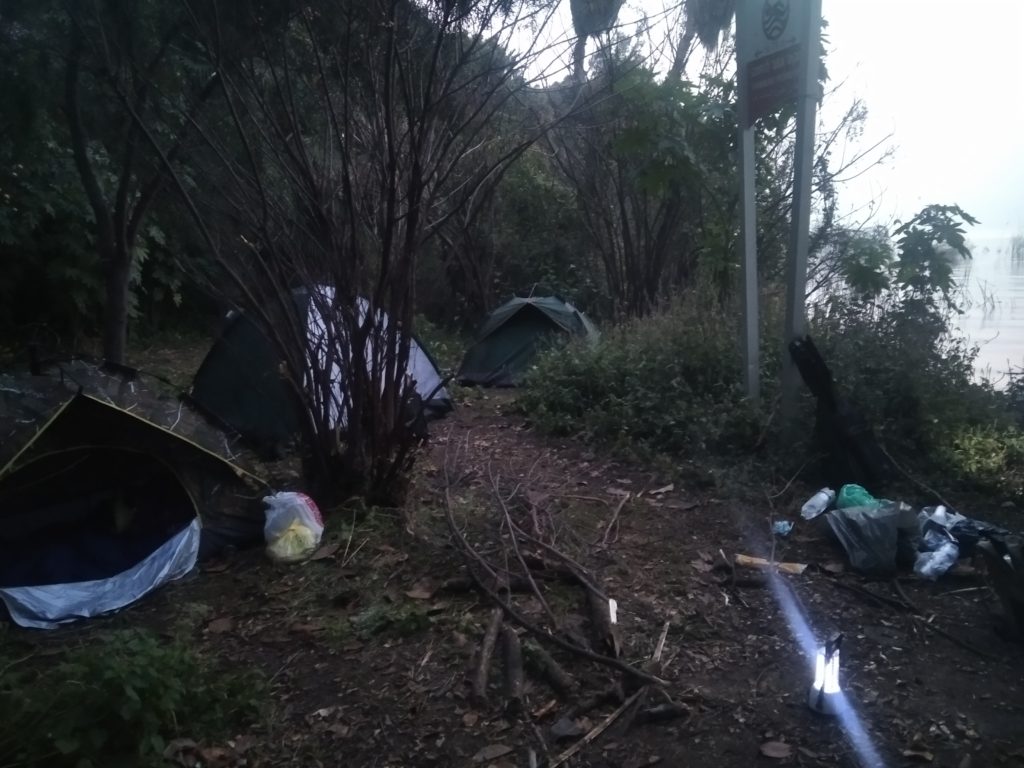
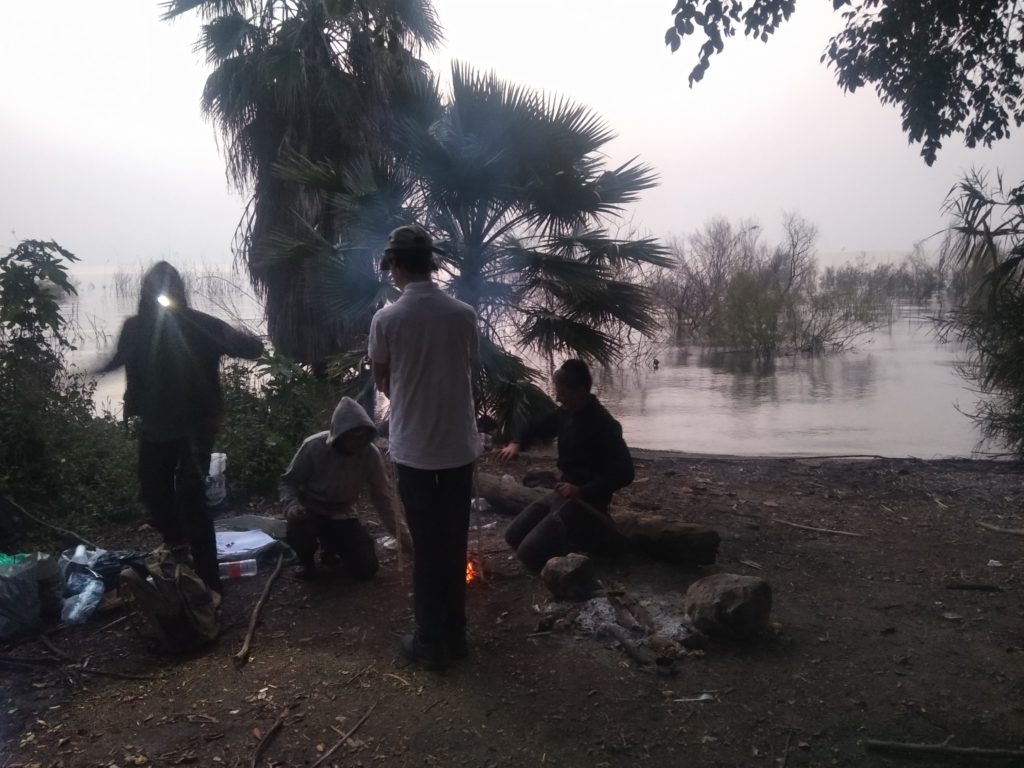
After working on getting my agreement for quite some time, my thirteen year old just purchased a bunch of two week old chicks and finished building a large coop for them. (He no longer has quail.) He really wanted me to agree to a cow so we could have our own milk and then negotiated down to sheep (he was hoping a neighbor with a large plot of land would agree to lease to us), but I’m not ready for the investment of fencing and animal housing on someone else’s property.
He also initiated learning with a local shochet, and is almost finished learning shechita. He’s considering doing an advanced course that is quite expensive that would qualify him to do nikur (removing the gid hanashe/ sciatic nerve), something that no one locally is trained in and pays well, even for someone his age. We’re continuing to discuss that. I’m not sure how I feel about him working in the field at this point, as competent and responsible as he is. Ds11, ds13 and ds15 have all had several opportunities to participate in skinning and kashering poultry and goat meat; there’s been a lot of hands-on learning.
Ds15 and ds13 both have been learning safrus; ds15 wasn’t able to complete the course since he went back to school (he’s had eight weeks of in-person classes this year), but ds13 is getting close to the end. He’s learned that it’s not something he enjoys very much (no surprise to me) but I value learning of all sorts and this has been a great opportunity. (That’s not an outdoor activity so it doesn’t really belong here but it’s part of the learning they’re doing since moving.)
Locally there’s a strong agricultural leaning so they see others raising animals and have had hands on experience with the animals of others, and it’s understandable why they want to have some, too! Ds11 really wants a milk goat but I put my foot down on that despite repeated importuning, and he got two rabbits instead. I keep reminding them we just don’t have space! I suggested he choose something small that has some practical benefit (the used bedding goes on the garden beds); though he takes good care of them, I can see that it’s not very satisfying for him.
To make a very good thing much better, six weeks ago my oldest daughter moved here with her family! I never dared hope that one of our children would choose to live close by. Having so much more time to spend with them has been wonderful! Covid has blessed me; if not for the changes in lifestyle that regulations have created, they would still be living in the previously very desirable Jerusalem neighborhood they were in. They moved from a city apartment with no balcony or outdoor space to a house with a garden, and now she finds that most of their time is spent outside, too.
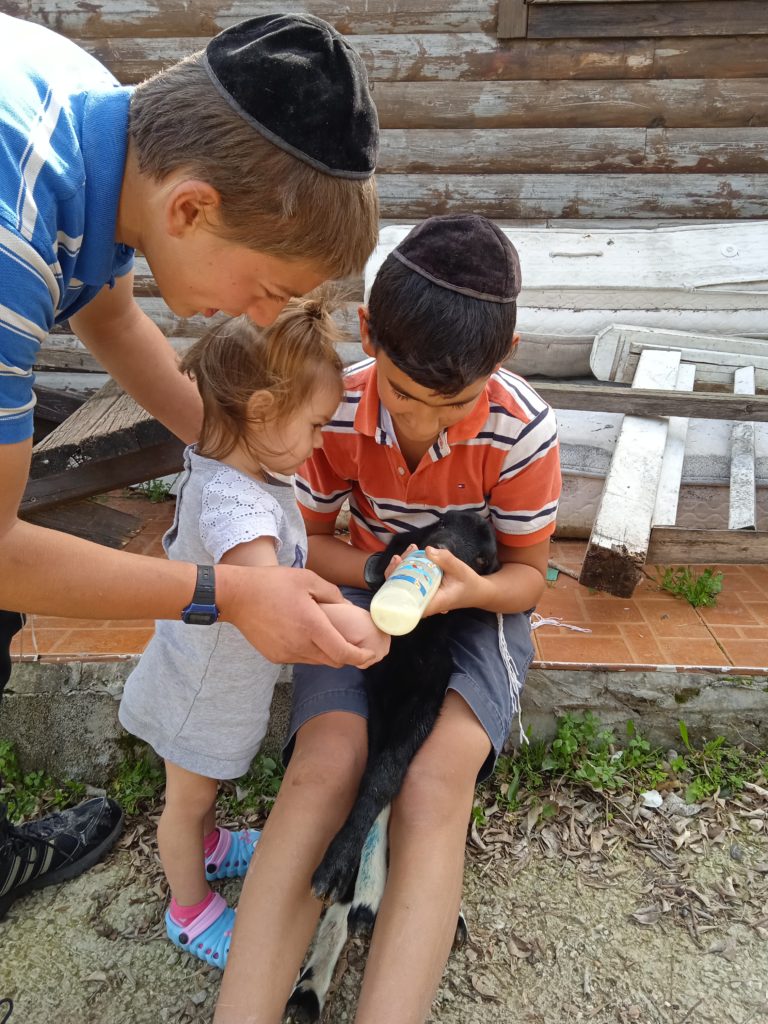
Notice that there’s been no mention of Pesach preparations, but I did do some shopping this week. They’ve had lots of trip time this week; next week we’re going to all work together intensely and do a Pesach cleaning marathon!
Avivah
